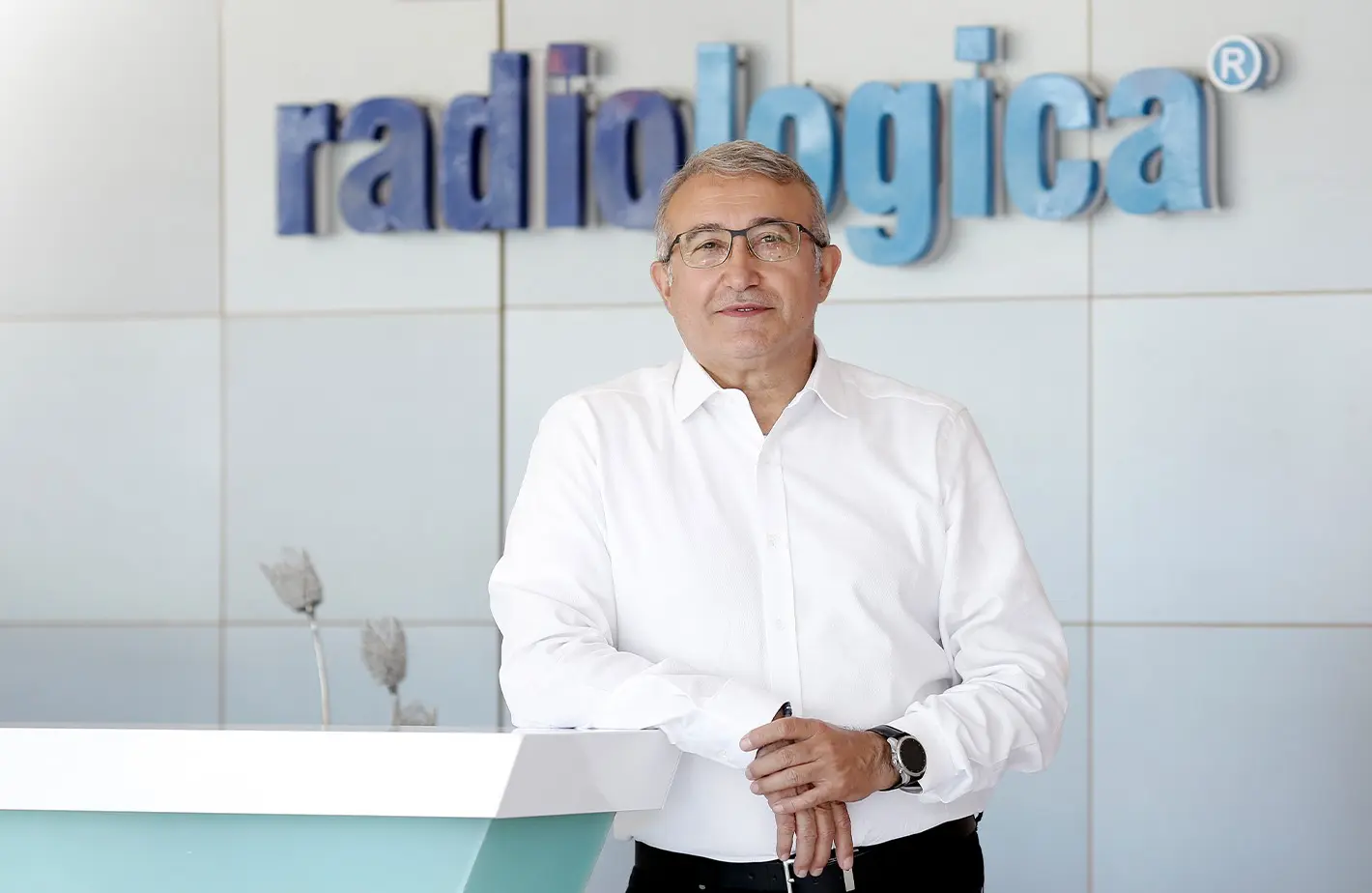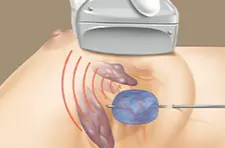The main advantage of cryoablation in the local treatment of breast cancer is that it does not require hospitalization or general anesthesia. Local anesthesia is applied at the needle insertion site during the procedure. The patient does not feel any pain during the procedure, and the freezing process itself has an analgesic effect.
General anesthesia can cause permanent or irreversible decline in cognitive function, especially in older patients. Postoperative cognitive impairment (POCD) refers to memory, attention, learning, and other cognitive impairments that develop after surgery and/or general anesthesia, particularly in older individuals. Because general anesthesia is not administered during cryoablation, the potential for cognitive function deterioration in older individuals is eliminated.
Cryoablation causes the release of healthy antigens from the decaying cells into the blood and surrounding tissue. This can trigger an antitumor immune response, similar to that seen with vaccines. Studies show that after cryoablation, tumor-specific T cells such as CD4+ and CD8+ cells, as well as natural killer (NK) cells, increase, activating the body's immune response against cancer.





